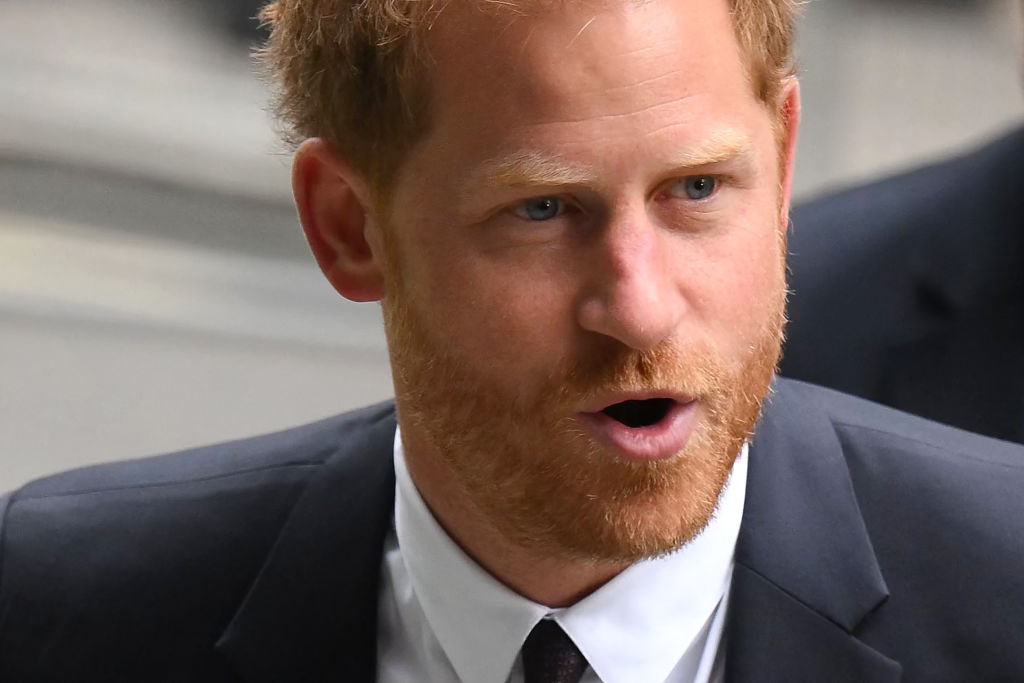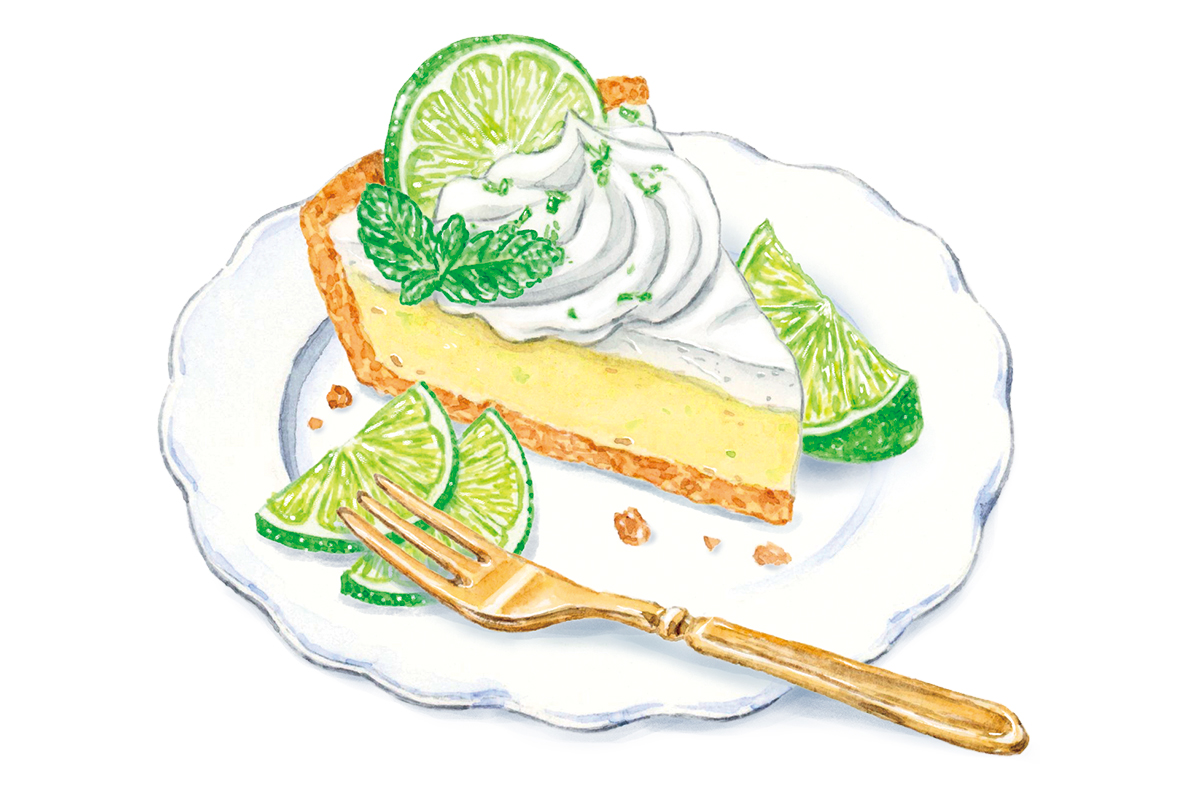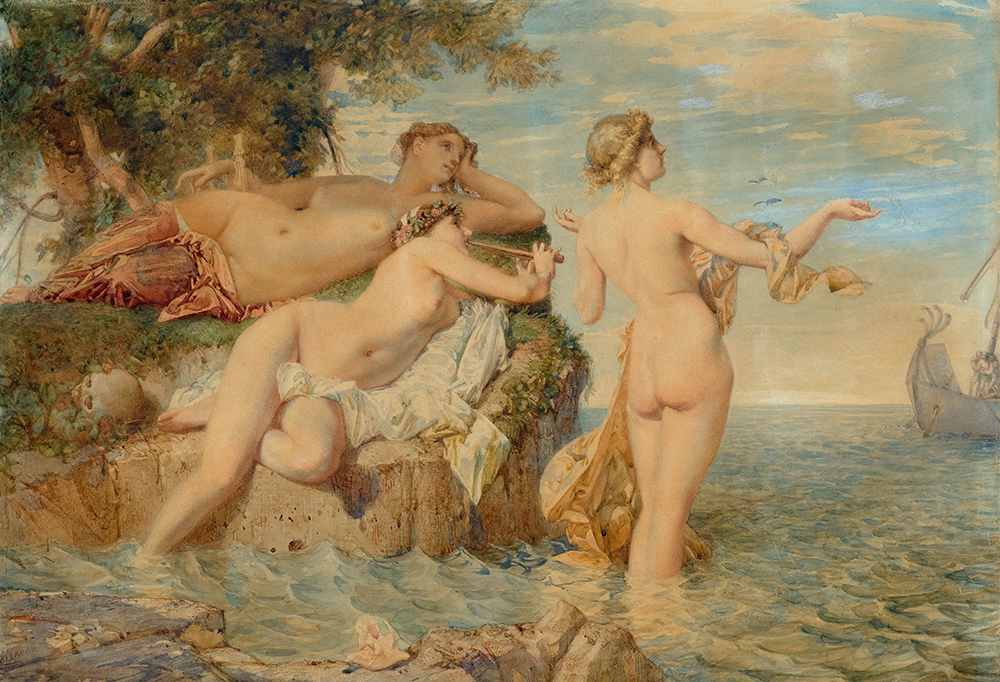Prince Harry is on a mission. “How much more blood will stain their typing fingers before someone can put a stop to this madness?” Harry asks of journalists in his witness statement in his case against Mirror Group Newspapers (MGN). After the prince became the first member of the British royal family to give evidence in court in 132 years this morning, he was asked what he meant and whether he was there to “put a stop to this madness.”
“That is my hope,” he replied.
The royal claims MGN used unlawful methods, including phone hacking, to get stories dating back to the 1990s about him. “I would constantly be leaving and receiving voicemails, as text messaging was much less common back then,” he told the court. Harry says in his statement he remembers “hearing a voicemail for the first time that wasn’t new.”
“I now understand their significance in terms of phone hacking. I believe that both mine and my associates’ voicemail messages were hacked by the defendant,’ he says, accusing tabloids of accessing his voicemails when he was at Eton.
The barrister’s line of questioning represents quite the most combative interrogation that the Duke of Sussex has faced in several years, possibly ever
Prince Harry’s statement, which runs to 26,789 words, is about twice as long as The Great Gatsby, another tale of a miserable rich man trying to find his place in the world. But, for all its length, the statement packs a punch. Harry denounces what he sees as the cozily-intertwined relationship between the press and our politicians:
Our country is judged globally by the state of our press and our government — both of which I believe are at rock bottom. Democracy fails when your press fails to scrutinize and hold the government accountable, and instead choose to get into bed with them so they can ensure the status quo.
This was strong meat indeed, and little wonder that MGN — represented by Andrew Green KC — fought back robustly in court. (The “rock bottom” government has yet to issue a statement.) Green offered what appeared to be the expected noblesse oblige due to a member of the royal family — even a semi-detached one — referring to him, at Harry’s barrister David Sherborne’s behest, as “Your Royal Highness,” then ‘Prince Harry.” Yet his line of questioning represents the most combative interrogation that the Duke of Sussex has faced in several years, possibly ever.
Green questioned emotive remarks in Harry’s witness statement, such as how he is holding people accountable for their actions. The barrister, described as a “beast in court” by Legal 500, has been skillfully unpicking the idea that every single one of these articles will have caused the hurt and outrage that Harry seems to suggest that they have — or that they were obtained using unlawful methods.
One exchange this morning led Harry to say huffily: “This is twenty years ago, I can’t speculate whether I saw these articles at the time.” Green raised the obvious rejoinder as to how Harry could be said to be paranoid in his personal relationships if he didn’t remember the content of the articles that led him to become so. The duke, clearly irked by this impertinence, resorted to snapping: “That’s a question for my legal team.”
“If you say so,” Prince Harry replied ironically in another exchange with Green. Asked whether a story about him having Sunday lunch in a pub in London’s Fulham Road might not have come about as a result of unlawful information gathering, he replied: “I do not believe that as a witness it’s my job to deconstruct the article or be able to answer which parts are unlawfully obtained and which aren’t. I think the journalists themselves should be doing that.”
We can only speculate as to what is likely to be revealed over the coming hours, but what is certain is that the Prince Harry soap opera will continue to rumble on. The last time a royal appeared in court was the future Edward VII, testifying in the so-called Royal Baccarat Scandal of 1890. On that occasion, the-then Prince of Wales was doing nothing more than providing detail about the allegedly illegal activities of his friend Sir William Gordon-Cumming. But now, his descendant has considerably greater intentions in mind: to take on the media, whom he blames for having ruined his life.
“The thought of Piers Morgan and his band of journalists earwigging into my mother’s private and sensitive messages… makes me feel physically sick,” he says in his statement. It’s safe to say that, whatever happens in this case, Harry isn’t interested in centuries of protocol expressed by the term “never complain, never explain.”
This article was originally published on The Spectator’s UK website.

























